Stateless Children Australia Network
Mục Lục
Stateless Children Australia Network
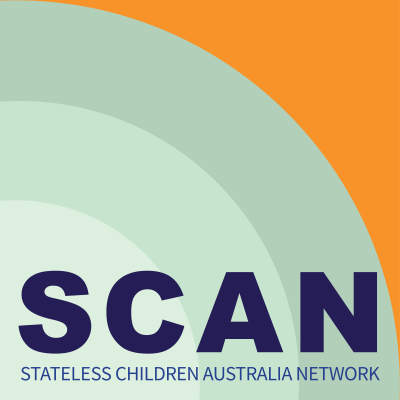
Background
The Stateless Children Australia Network (SCAN) is an independent, not-for-profit network aimed at developing knowledge regarding stateless children in Australia, and increasing pathways to legal assistance for stateless children entitled to Australian citizenship. There are many stateless people, including children, in Australia, however exact figures are unknown.
Children born on Australian soil are not guaranteed the right to Australian citizenship. Citizenship is foundational to a child’s sense of identity and belonging, providing them with fundamental political and civil rights. Critically, for children of refugees and those in search of safety, it can also offer security and safety.
A significant but unknown number of children have been born in Australia to stateless parents seeking protection in Australia. Although these children, by virtue of their inherited statelessness have a right to apply for Australian citizenship under domestic legislation and international law, they face numerous barriers in navigating this complex legal process. Australian engagement in addressing cases of statelessness is crucial in supporting the United Nations High Commissioner for Refugee’s Global Plan to End Statelessness by 2024.
Aims
SCAN aims to develop knowledge regarding the number, legal status and legal needs of stateless children born in Australia who have a potential entitlement to Australian citizenship, with a longer term aim of expanding its scope to include stateless children in Australia more broadly.
With a focus on those in the protection process, the initial focus of the Network is: –
- To monitor and assess the legal needs, complexities and gaps faced by stateless children born in Australia;
- To identify potential legal models for addressing the challenges identified;
- To identify the number and location of stateless children born in Australia;
- To identify the legal services and practitioners currently assisting stateless children in Australia;
- To create a network between legal practitioners working on this issue.
Register with us!
Are you a lawyer, migration agent or other professional working on issues of child statelessness in Australia? Or somebody with lived experience of this issue seeking to connect with legal support? If so, please register with us to connect, stay up-to-date on events, news and developments.
For further information, please email Katie Robertson or Sarah Dale.
Meet the Advisory Council
 Katie Robertson (co-chair)
Katie Robertson (co-chair)
Katie Robertson is a Research Fellow at the Peter McMullin Centre on Statelessness, and lawyer. Katie’s research focuses on the intersection of migration and statelessness law in Australia, specifically on the legal rights of stateless refugee children. As a human rights lawyer with over ten years’ experience, Katie has first-hand experience acting for stateless asylum seeker and refugee children. Sarah Dale (co-chair)
Sarah Dale (co-chair)
Sarah Dale is the Principal Solicitor and Centre Director of the Refugee Advice Caseworker Service (RACS). She also leads the Centre’s Stateless Children Program which provides assistance to stateless Australian born children in applying for citizenship. Sarah has been working with people seeking asylum for over a decade and specializes in assisting children and vulnerable people in the process of applying for protection.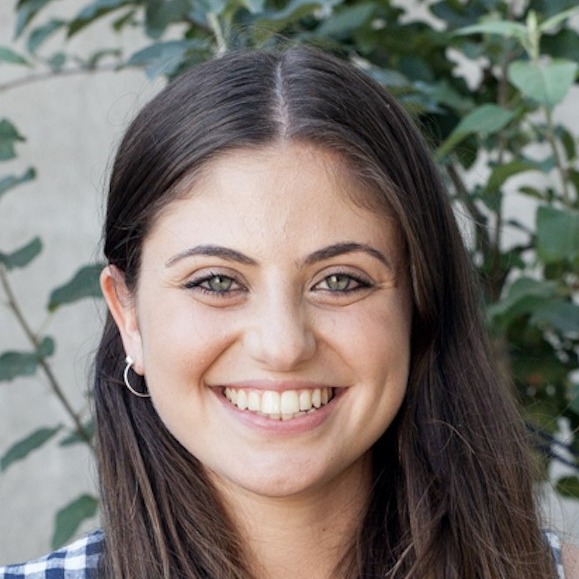 Jeanine Hourani
Jeanine Hourani
Jeanine is an organiser, writer and researcher who arrived on Wurundjeri Country as a stateless Palestinian refugee in 1997. She has a decade of experience across policy, advocacy and research at the intersection of refugee rights, public health and violence against women.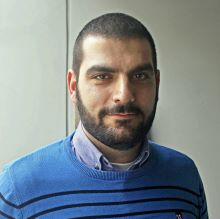 Fadi Chalouhy
Fadi Chalouhy
Stateless since Birth, Fadi endured a life of hardship and difficulties. From being denied basic human rights such as education and medical assistance, to experiencing arbitrary detention for over a decade in Lebanon. After 28 years of constant struggle, Fadi landed in Sydney in 2019, becoming the first stateless person in history to be issued a skilled shortage Visa. Currently, he is an associate manager within Accenture’s Strategy & Consulting practice. He has extensive experience designing and implementing large scale transformation projects in retail, banking, and telecommunications.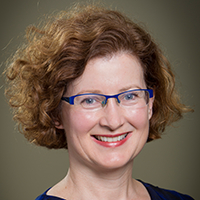 Professor Michelle Foster
Professor Michelle Foster
Michelle Foster is Professor and inaugural Director of the Peter McMullin Centre on
Statelessness at Melbourne Law School. Michelle has published widely in the field of international refugee law, statelessness and human rights including International Refugee Law and Socio-Economic Rights: Refuge from Deprivation (2007, Cambridge University Press); with James C. Hathaway, The Law of Refugee Status, Second Edition, (2014, Cambridge University Press); and, with Hélène Lambert, International Refugee Law and the Protection of Stateless Persons (2019, Oxford University Press). Michelle is co-editor, with Jane McAdam and Cathryn Costello, of the Oxford Handbook on International Refugee Law (forthcoming 2021, Oxford University Press). Michelle is founding co-editor in chief (with Dr Laura van Waas) of the Statelessness and Citizenship Review. She is also Deputy Chair of AMES Australia.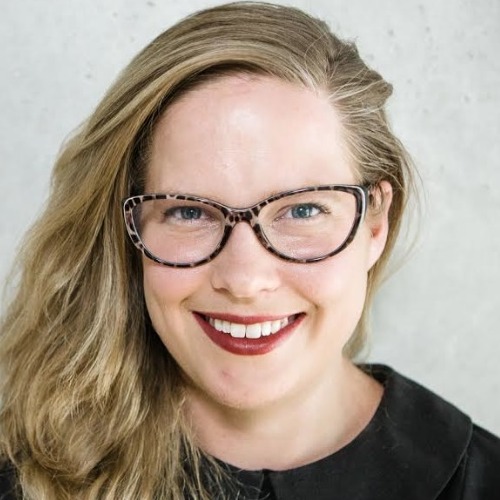 Nicki Lees
Nicki Lees
Nicki is a Senior Associate in the Social Justice Practice at Maurice Blackburn Lawyers, Melbourne. She engages in strategic litigation and advocacy across various areas to achieve human rights outcomes, such as refugee and asylum seeker rights, gender rights and indigenous land rights. Nicki acted in some of the first cases representing stateless children in applying for Australian citizenship. She worked to bring refugees and people seeking asylum requiring medical treatment to Australia from Nauru, acting in personal injury cases for harm suffered in immigration detention, and is currently the lead solicitor for a class action alleging false imprisonment in immigration detention. Nicki is also Vice-President of Australian NGO ‘SEW’ (Supporting and Empowering Women) which operates in East Africa and a member of the Membership Appeals Committee within Amnesty International Australia. Professor Kim Rubenstein
Professor Kim Rubenstein
Kim Rubenstein is a Professor in the Faculty of Business, Government & Law and Co Director of the 50/50 by 2030 Foundation at the University of Canberra. A graduate of the University of Melbourne and Harvard University, she is Australia’s leading expert on citizenship, both around its formal legal status and in law’s intersection with broader normative notions of citizenship as membership and participation. This has led to her scholarship around gender and public law, which includes legal work and oral history work around women lawyers’ contributions in the public sphere. She was the Director of the Centre for International & Public law at the ANU from 2006-2015 and the Inaugural Convener of the ANU Gender Institute from 2011-2012. She is a Fellow of the Australian Academy of Law and the Australia Academy of Social Sciences. Professor John Tobin
Professor John Tobin
John Tobin is a Professor in the Melbourne Law School at the University of Melbourne. He has a combined commerce/law degree with honours and a PhD from the University of Melbourne. He also has an LLM with distinction from the University of London. He has designed and taught several subjects in areas of international law, human rights, children’s rights and public interest lawyering. He also coordinates the legal internship subject across the LLB, JD and Masters programs in the Melbourne Law School and coordinates the MLS Human Rights Alumni Network. In 2010 he was awarded the Barbara Falk Award for Teaching Excellence by the University of Melbourne and in 2011 he was awarded a national citation for outstanding contribution to student learning in the area of human rights. In 2006 he was a Visiting Professor at both the American Academy of Human Rights and Humanitarian Law, Washington College of Law, American University and in the Law School at New York University. In 2011 he was the Senior Scholar in Residence at the Center for Human Rights and Global Justice at NYU Law School.
Support MLS
Donate Today















![Toni Kroos là ai? [ sự thật về tiểu sử đầy đủ Toni Kroos ]](https://evbn.org/wp-content/uploads/New-Project-6635-1671934592.jpg)


